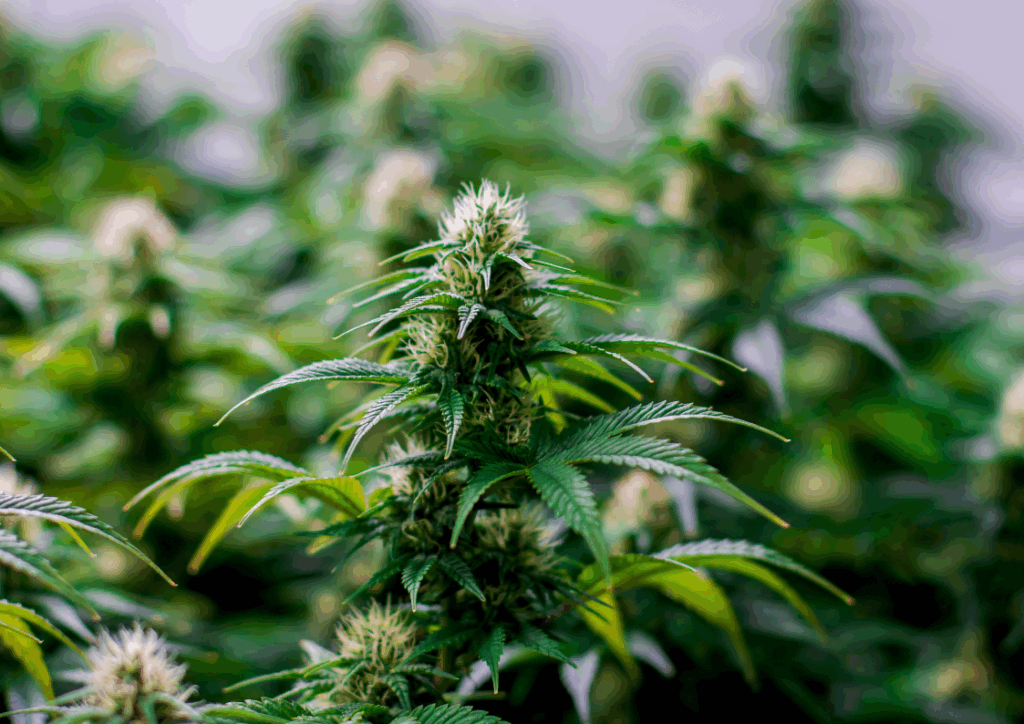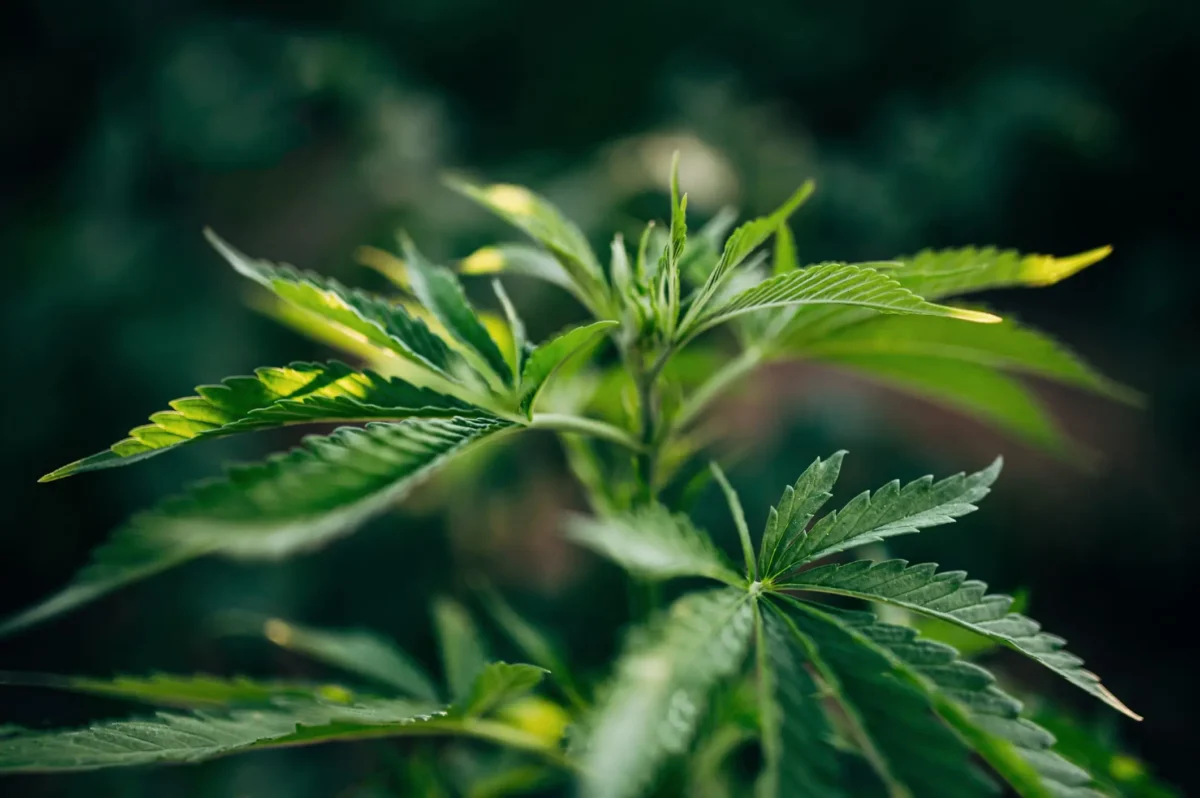Is THC Addictive?
Is THC Addictive?

As a Master Cannabiniologist, I’m often asked whether THC, the psychoactive component of cannabis, is addictive. This is a vital question, particularly for individuals considering cannabis use for medical or recreational purposes. While THC has the potential to be habit-forming, the risk is significantly influenced by factors such as usage patterns, individual susceptibility, and the context in which it is used.
Understanding THC and Addiction
Addiction is defined as a compulsive need to use a substance despite negative consequences. THC interacts with the brain’s reward system by stimulating dopamine release, which creates feelings of pleasure and relaxation. This effect is central to THC’s therapeutic benefits but also underlies its potential for addiction in some individuals.
Key Insights About THC and Addiction
- Lower Addiction Potential Compared to Other Substances
THC has a lower addiction potential than substances like alcohol, tobacco, and opioids. According to a 2011 study in The Lancet, cannabis ranks lower in dependence potential and societal harm than these substances, largely due to THC’s comparatively mild effects on the brain’s reward system.
Source: Nutt, D. J., et al. (2011). Drug harms in the UK: A multicriteria decision analysis. The Lancet. - Non-Fatal Overdose Risk
Unlike substances such as opioids or alcohol, THC overdose is not fatal because it does not suppress vital functions like breathing. This is due to the distribution of cannabinoid receptors in the brain.
Source: Gable, R. S. (2006). The toxicity of recreational drugs. American Scientist. - Individual Variability
THC’s effects and addiction risk vary widely among individuals. Genetic predisposition, frequency of use, and mental health conditions can all influence the likelihood of developing a dependence on THC.
Source: Agrawal, A., et al. (2012). The genetics of addiction: A translational perspective. Translational Psychiatry.
THC in Medical vs. Recreational Use
Physician-Supervised THC Use
When used under medical supervision, THC is associated with a lower risk of addiction. Medical cannabis patients typically follow carefully designed treatment plans, including regulated doses and regular check-ins with healthcare providers. A study in Cannabis and Cannabinoid Research confirmed that patients using cannabis under physician supervision were less likely to develop cannabis use disorder compared to recreational users.
Source: Bonn-Miller, M. O., et al. (2018). Cannabis use among medical cannabis patients and non-patients. Cannabis and Cannabinoid Research.
Recreational THC Use
Recreational users often consume higher doses of THC in less controlled environments, which can increase the risk of compulsive use. Intent also matters—while recreational users often seek the psychoactive effects, medical users prioritize symptom relief, which reduces the risk of overuse.
Source: Lucas, P., et al. (2017). Medical cannabis access, use, and substitution for prescription opioids and other substances: A survey of authorized medical cannabis patients. International Journal of Drug Policy.
THC and Dependence: What the Research Says
While THC is less addictive than many other substances, chronic use can lead to dependence in a subset of individuals. According to the National Institute on Drug Abuse (NIDA), about 10% of cannabis users may develop cannabis use disorder, with higher rates among frequent users. However, the risk is significantly reduced when THC is used in a controlled, medical setting.
A Balanced Perspective
THC’s potential for addiction is real but relatively low compared to many substances. For medical users working with healthcare professionals, THC can offer therapeutic benefits with minimal risk. Recreational users should remain mindful of dosage, frequency, and personal susceptibility to avoid dependence.
At Greenleaf Medical Clinic, we specialize in providing personalized education and support for safe cannabis use. If you have any questions about THC or cannabis, feel free to reach out for evidence-based guidance.
Start now to begin the process of becoming a patient!
Fonda Betts
Master Cannabiniologist
Greenleaf Medical Clinic



